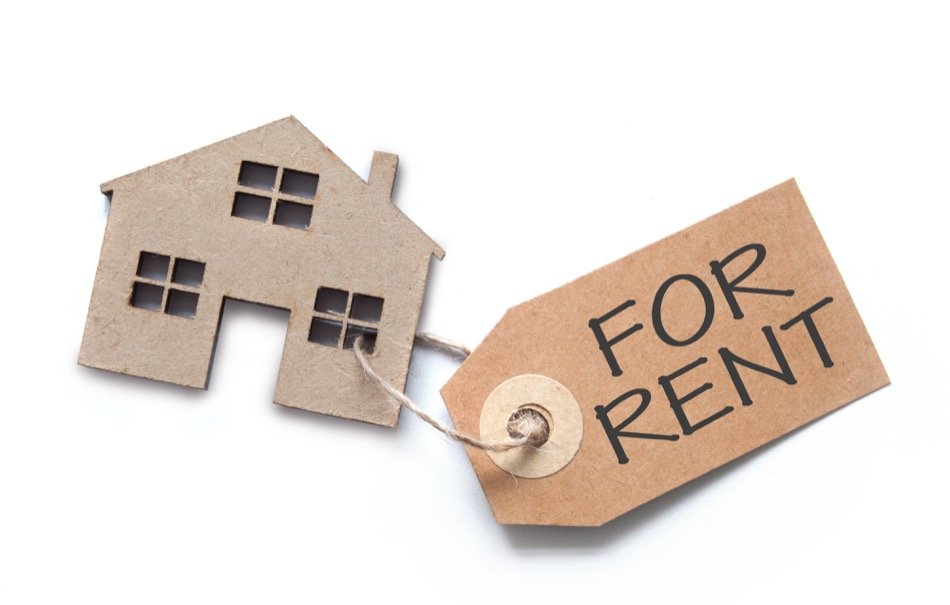5 Things Potential Landlords Need to Know Before Renting a Home to Tenants
Posted by EdmontonRealEstate .ca on Monday, October 7th, 2019 at 9:36am.
 Whether a Spruce Grove property is purchased specifically as a rental property or a home previously lived in will be rented out, there's a lot more to being a successful landlord than one might initially conceive. Properties utilized as investments require much more than securing tenants and collecting rents, and here are five key ingredients landlords should have on hand.
Whether a Spruce Grove property is purchased specifically as a rental property or a home previously lived in will be rented out, there's a lot more to being a successful landlord than one might initially conceive. Properties utilized as investments require much more than securing tenants and collecting rents, and here are five key ingredients landlords should have on hand.
For informational purposes only. Always consult with a licensed real estate professional before proceeding with any real estate transaction.
1. A Solid Understanding of Tenancy and Rental Laws
Even if only one home is being rented, the law requires the fiscal beneficiary of proceeds to conduct their business in accordance with all applicable laws. By far, one of the most important regulations to investigate is whether it's even legal to rent out the property, as some localities and communities prohibit tenancies.
With the go ahead to become a landlord, it's time to get familiar with policies concerning tenancy agreements, home inspections, termination of leases, rental collection laws, and a good working knowledge of any federal, local and state housing laws. However, landlords should also be fully aware of what their rights are, too. It's also wise to consult with a certified public accountant to discuss tax codes relevant to investment properties.
2. Local Demand for Rentals
Knowing the demand for rental properties in the area can be a determining factor in whether it's worthwhile moving forward at this time. Fluctuations are typical, so consulting with a local real estate professional for advice can shed some light on rental patterns, as well as help landlords set appropriate rental rates regardless of the current market. The goal is to make money on rentals, but one must be prepared to accept lower rates during periods of low demand.
3. Calculate the Costs
Owning an investment property and being a landlord is much more than collecting rent, as there are several out-of-pocket costs associated with rental properties. For starters, taxes will always be an annual recurring cost, as will homeowners insurance. Expenses beyond those will include upkeep and maintenance, repairs and replacements as needed, advertising for renters, capital gains taxes and HOA or property management fees if applicable. One of the easiest and most accurate ways to assess these costs is to have a professional conduct a real estate market analysis.
4. Determine if Property Management is Necessary
Owners renting a condo or townhome will likely have a unit in a community with a homeowners association (HOA). An HOA often hires a property management company who ensures that common areas and exteriors of units receive repairs, and that the community amenities are maintained. HOA's pay for these services with mandatory fees owners pay at a certain schedule. These entities also collect rents, document late fees and handle the legal aspects of managing the property for owners.
However, those who own single-family structures and want to rent may consider hiring a property management company independently to perform those tasks. These services are particularly valuable for investors who don't have the time or desire to maintain the home themselves and handle all the financial and legal issues personally.
5. Understand Lease Terms, Rights and Obligations as a Landlord
Landlords will need to be familiar with the laws within the Fair Housing Act and be in compliance with those guidelines at all times. Furthermore, landlords will want to understand the insurance laws in their state, understand the impact of end-of-life insurance on leases and they should consider requiring tenants to have renter's insurance to protect their personal property while in residence. First-time landlords may want to use an online rental application to make sure they don't miss anything. Other essentials to include in a lease agreement include:
- terms of the lease
- rental due dates
- late fees and penalties
- designation of responsibility for repairs
- establishment of lawn care duties
- pet policies
- behavior restrictions: smoking, conduct, noise levels
- eviction terms
Before eagerly hunting down potential clients and placing listings, get to know more about being a landlord and all that goes along with the job, especially if this is a first-time experience renting property. It's strongly advised to reach out to a real estate professional who can guide you step-by-step through the processes.
For informational purposes only. Always consult with a licensed real estate professional before proceeding with any real estate transaction.

